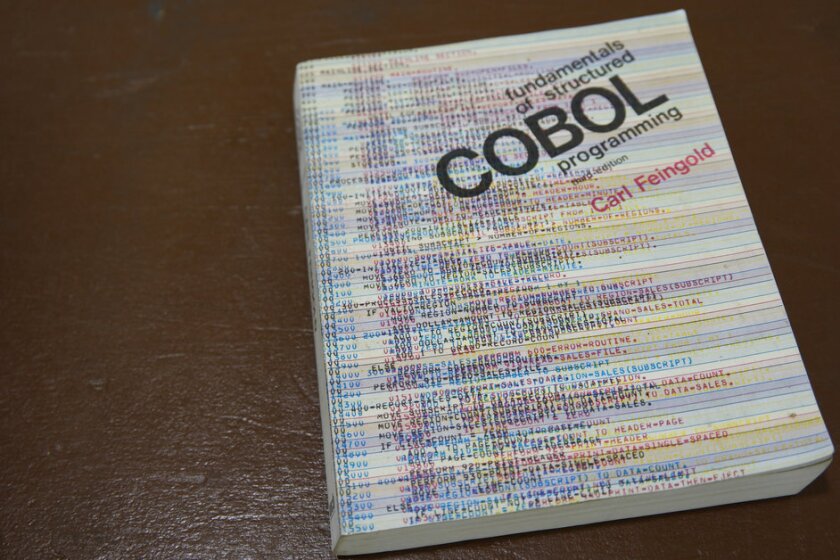
“The assessor uses a COBOL-based system called AS-400, whose welcome screen reads, ‘COPYRIGHT IBM CORP., 1980, 2009,’” the story notes. “As the city tax rolls jumped 22 percent over two years, workers were struggling to keep track of the changes on their ancient systems. At one point they fell three years behind. ... Its property tax system dates back to the dawn of the floppy disk. City employees appraising the market work with software that runs on a dead programming language and can’t be used with a mouse. Assessors are prone to make mistakes when using the vintage software because it can’t display all the basic information for a given property on one screen. …”
Bloomberg notes that the private sector is starting to see opportunity in the outdated environments.
For example, San Francisco-based Salesforce, whose cloud-based products are being used in the assessor’s office project, “has focused more on government solutions in the past five years,” Bloomberg notes. Salesforce Co-CEO Keith Block calls the public sector “one of our strongest verticals.”
But cities and states are continuing to plow money into maintaining legacy systems, because they still work. Upgrades are difficult to start — and to finish — and attracting new skilled workers is expensive.




